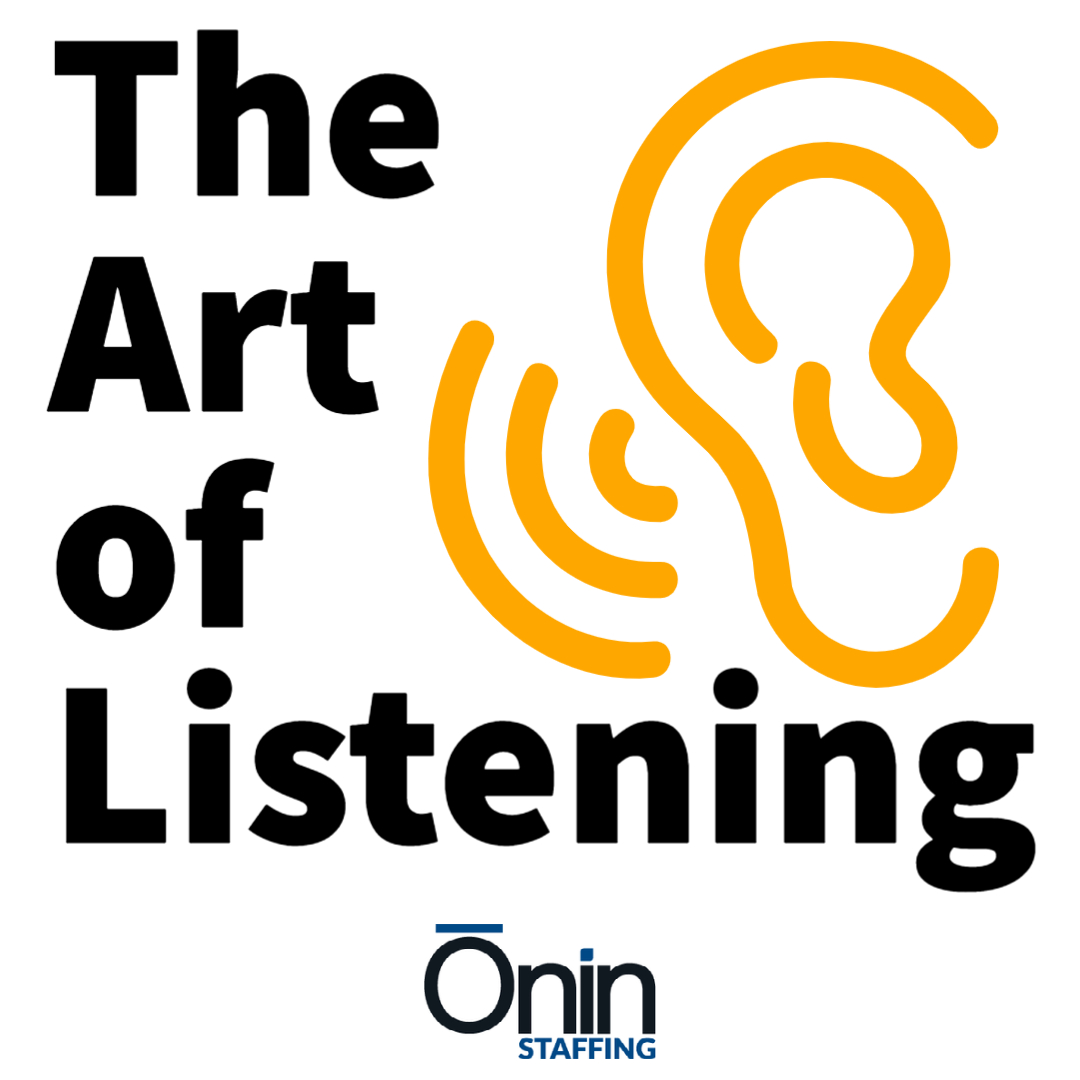As human beings, we often feel the need to express ourselves, to share our thoughts and experiences with others. This is a natural and important part of our human experience, but it’s important to remember that effective communication is a two-way street. Listening is just as important as speaking, and it is a skill that can be honed and developed.
We are born with two eyes, two ears, two hands, and one mouth. We should be spending twice as much time listening and doing as we do speaking.
Unfortunately, we often get so caught up in our own thoughts and opinions that we forget to listen to others. We’re thinking about what we want to say, instead of what they are saying. This can lead to misunderstandings and missed opportunities.
The key to effective listening is to focus on the person you are speaking with, rather than yourself. Instead of thinking about what you want to say, think instead of your next question about what they are saying. This shows that you are actively engaged in the conversation and interested in what the other person has to say. It also gives you the opportunity to gain a deeper understanding of their perspective and to build a stronger connection with them.
Listening is a skill that can be learned and improved with practice. Here are some steps you can take to become a better listener.
Practice active listening
This means paying full attention to what the other person is saying, focusing on their words and body language, and avoiding distractions such as your phone or other people.
Ask questions
Asking questions shows that you are engaged in the conversation and interested in what the other person has to say. This can help you to understand their perspective better and can also give them the opportunity to clarify their thoughts.
Avoid interruptions
Interrupting others can be seen as disrespectful and can break their train of thought. Wait for them to finish speaking before jumping in with your own thoughts or questions.
Practice empathy
Try to put yourself in the other person’s shoes and understand their feelings and emotions. This can help you to respond in a more meaningful and effective way.
Give your full attention
Turn off distractions such as your phone or computer and give the person you are speaking with your full attention. This will help you to be a more effective listener and to avoid missing important information.
Reflect on what you’ve learned
After a conversation, take some time to reflect on what you’ve learned and how you can use that information to improve your listening skills in the future.
By following these action steps, you can become a better listener and improve your communication skills. Remember that effective listening takes practice and effort, but it is a valuable skill that can have a positive impact on your personal and professional life


Recent Comments